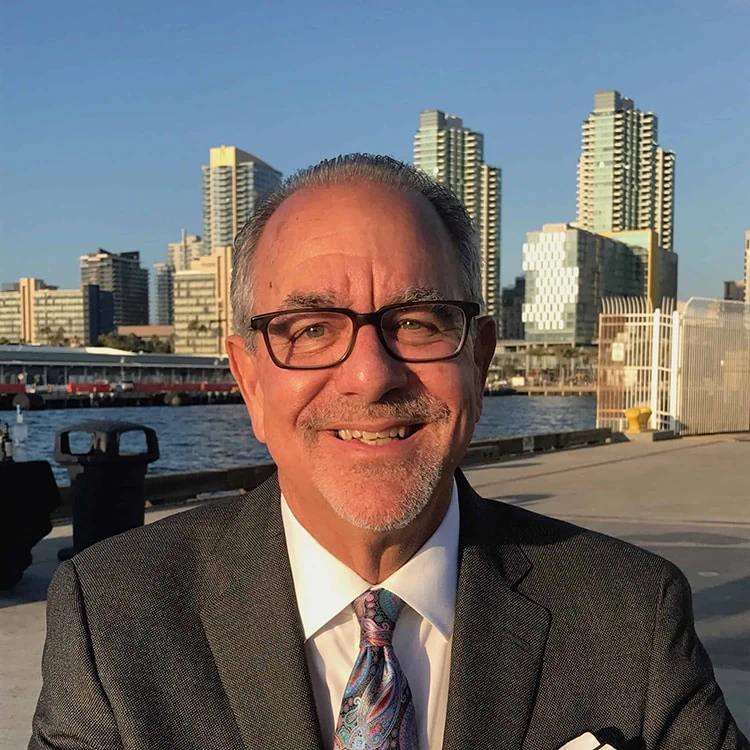
How Patrick Moore’s MAPP Research Introduces Early Intervention
We discuss education and prevention quite often on our blog. After all, the best way to stop substance use is not to start. Of course, this isn’t always possible, but Pat Moore has created a new way to work towards this ultimate goal. He joined Scott H. Silverman’s Happy Hour Podcast to discuss the ideas and research behind his book, PREHAB: Leveraging Perception to End Substance Abuse.
Pat is in recovery himself. He worked at a treatment center and felt inspired to go a step further and become a licensed professional counselor. He then had the opportunity to research the causes and treatment of substance use disorder.
Eventually, his efforts resulted in the Motivational Assessment Prevention Program (MAPP).
What is MAPP?
Instead of waiting for someone to become addicted to learn about causes and recovery, Patrick Moore wanted to make addiction education a standard part of high-school and college curricula. "These kinds of models that you might pay $50,000 to learn in treatment, we'll just tell you for free in your freshman orientation class at KSU."
He says that the average person doesn’t know much about addiction, but there are plenty of models that make it easier to understand. People are smart, but they aren’t rational. They recognize patterns and know what to pay attention to, but preventing those patterns isn’t usually a strength.
That’s where the researchers come in, and PREHAB is the result of that research.
How PREHAB Helps Explain Addiction
PREHAB demonstrates what happens at the different levels of addiction. The program collects the symptoms that occur at stage zero of addiction through stage 4 of addiction. Pat mentions that he doesn’t even like to call it addiction; he calls it “mistaking a dependent risk-response pattern for an autonomous risk-response pattern.”
Autonomy is the ultimate goal of PREHAB.
He looks to arm people with facts so they don’t have to experience the symptoms in order to change. Some of these facts include:
- 75% of people will never experience addiction
- 20% of people will experience some level of addiction
- 5% of the population will experience severe addiction
He found this research reflected in the college freshman population. What is concerning, however, is that more low-risk people die from substance abuse during freshman year than high-risk and severe-risk people.
“Alcohol poisoning happens to amateurs, not to alcoholics.”
Early Intervention is critical.
Pat's response to this alarming statistic is a simple 45-minute presentation using a slideshow or movie, allowing students to recalibrate their own risk level. Believe it or not, this is an intervention—before a crisis.
Scott H. Silverman is a crisis coach, and he can only hope methods like those developed by Patrick Moore put him out of a job. Until then, remember to stay educated. Check out Pat’s book on Amazon, and read Scott’s book to learn about the Opioid Epidemic. Talk to your children. Take addiction seriously.
And always remember, no matter your stage of substance use disorder, hope and help are out there.
Get in touch with Scott by calling 619-993-2738.
Categories
MAPP
